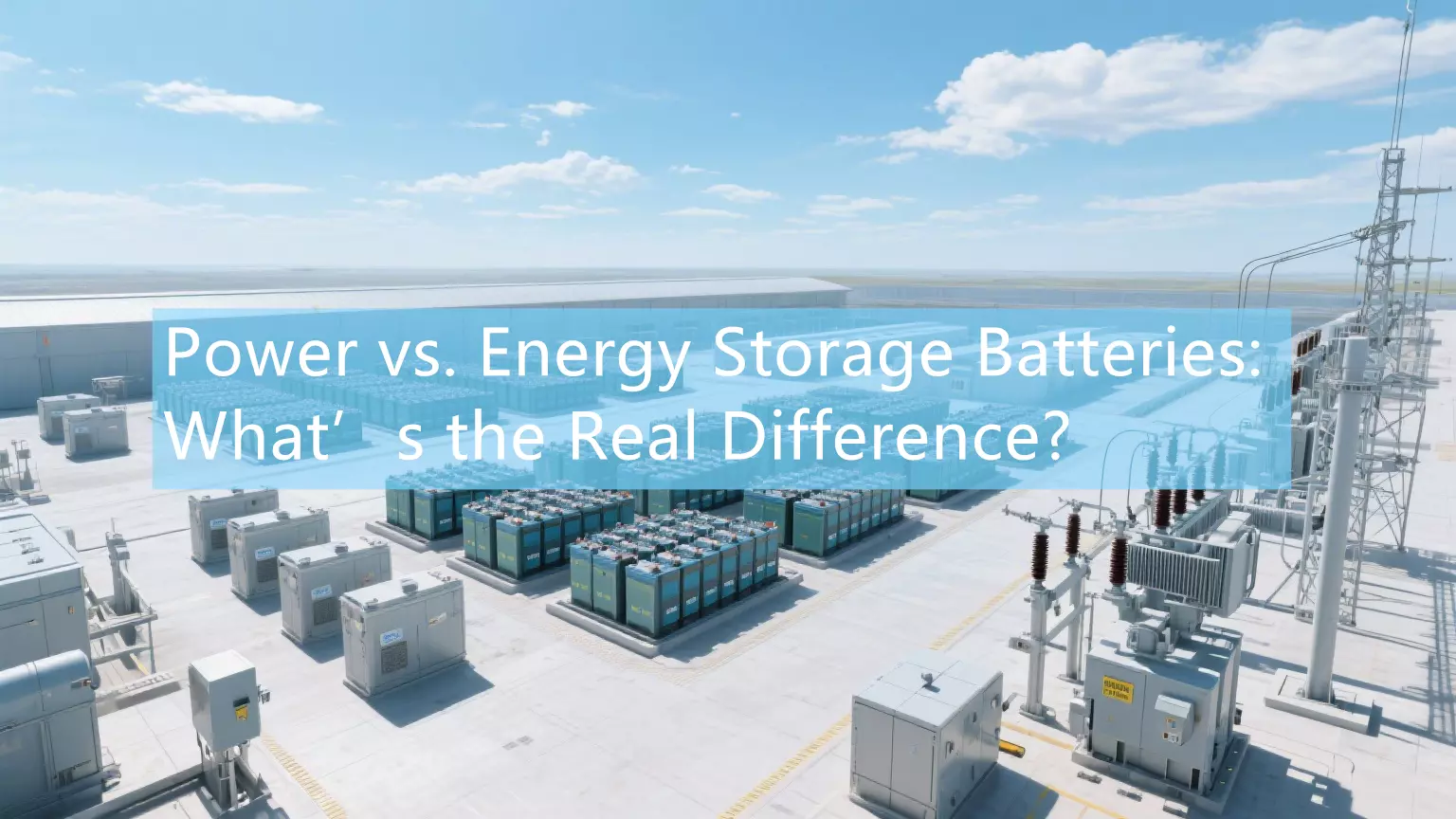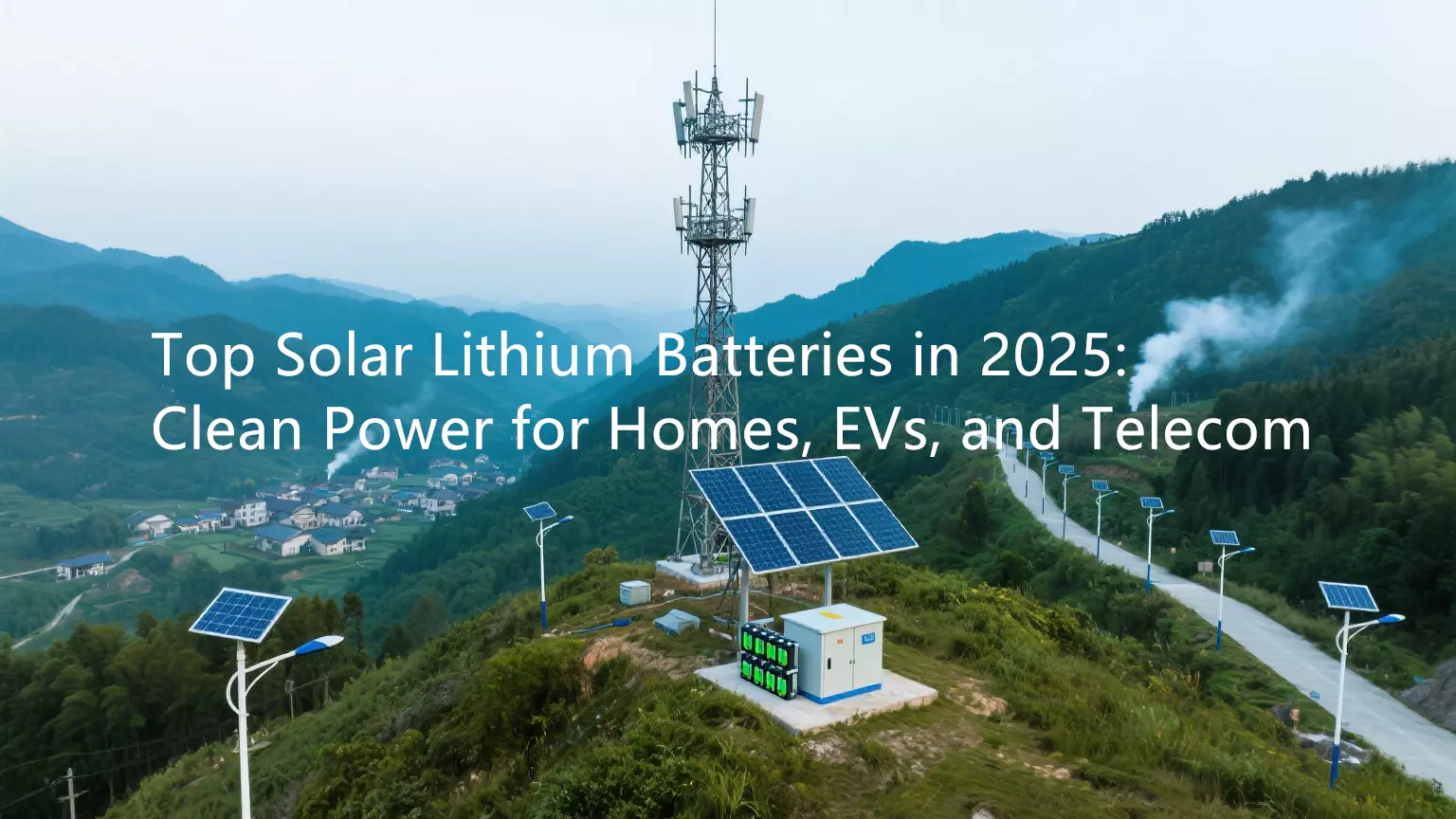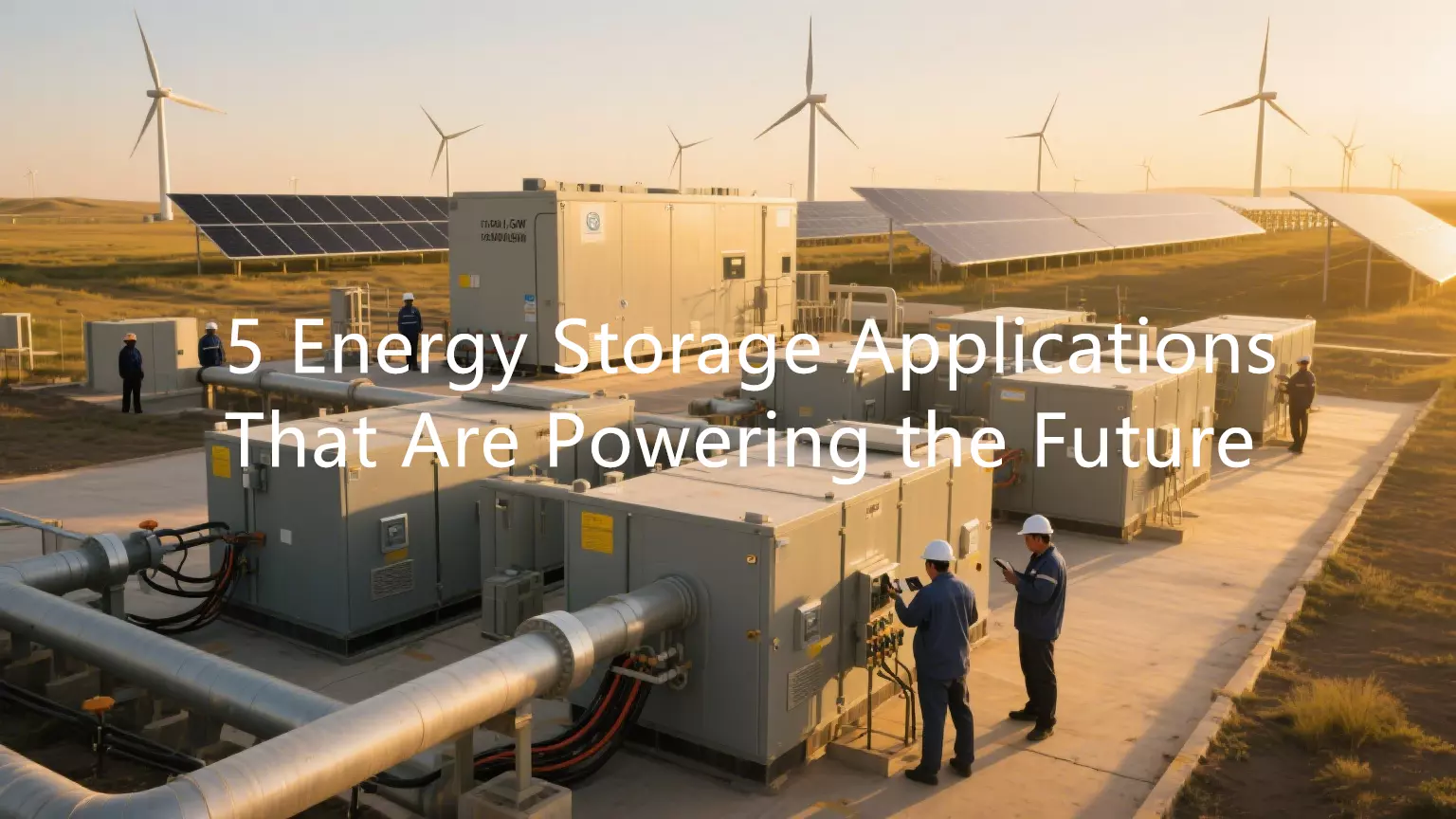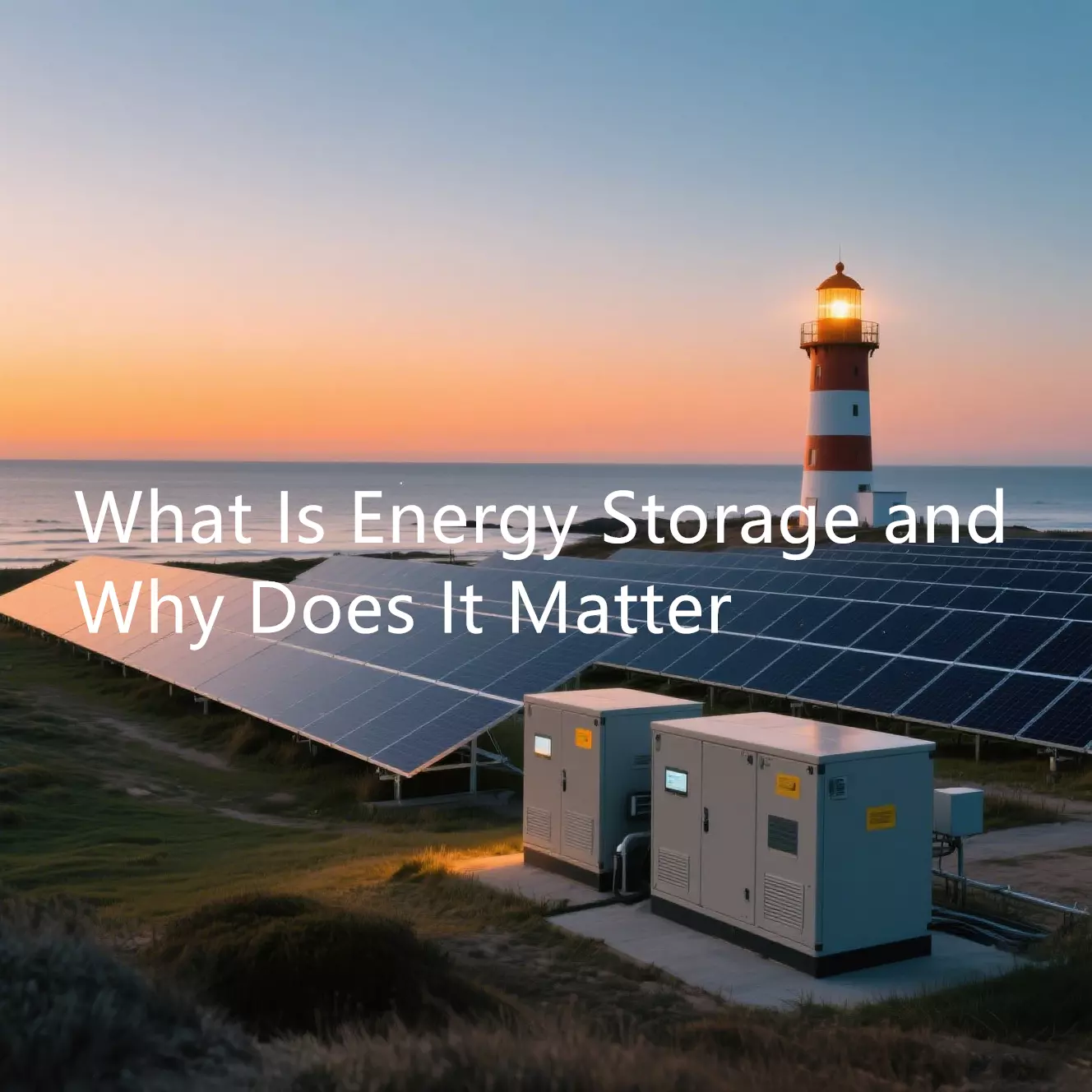Safety and cost are the priorities for installation and engineering companies when selecting and purchasing energy storage batteries.In this guide, you will learn about lithium iron phosphate (LFP), nickel manganese cobalt (NMC) battery types to evaluate their compatibility with solar systems and help you make an informed decision.

As a lithium battery energy storage system manufacturer for solar installation companies and engineering companies, we are committed to meeting the highest manufacturing standards and solving your unique problems.
In this comprehensive guide, you will know
1. Typical battery types for ESS
2. Precautions (Compatibility/ Warranty/ Installation/ Safety/ Current)
Lithium iron phosphate (LFP) solar system batteries
Lifepo4 batteries are characterized by their thermal stability and safety features, long cycle life, and no significant performance degradation. They are relatively lightweight, which makes them easy to install and manage, and they ensure that the system can operate efficiently during peak demand. However, they have a higher initial cost than lead-acid batteries.
Nickel manganese cobalt (NMC) solar system batteries
Nickel-manganese-cobalt (NMC) batteries are known for their high energy density, which means they can store more energy in a smaller volume. NMC batteries offer a good balance between efficiency and cost, although they are more expensive than LFP batteries. They may not be as durable as LFP batteries, and their thermal safety can be a concern if not appropriately handled.






